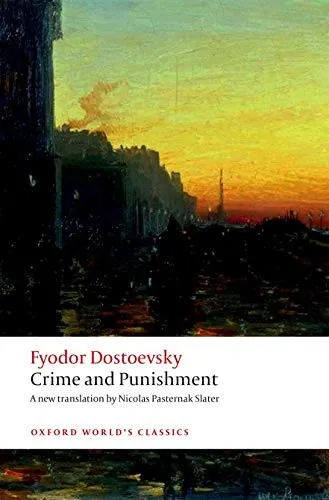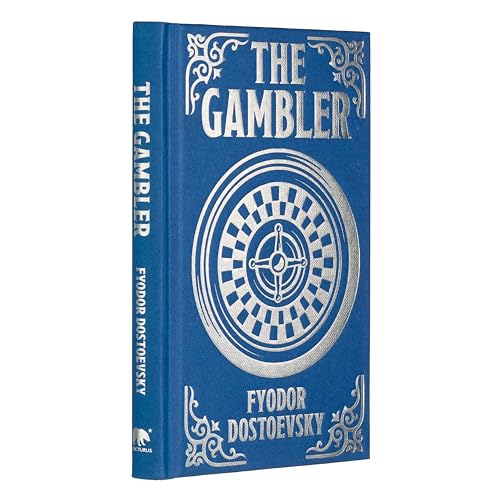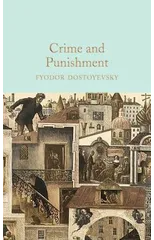Crime and Punishment
(Author) Fyodor Dostoevsky"One death, in exchange for thousands of lives - it's simple arithmetic!" A new translation of Dostoevsky's epic masterpiece, Crime and Punishment (1866). The impoverished student Raskolnikov decides to free himself from debt by killing an old moneylender, an act he sees as elevating himself above conventional morality. Like Napoleon he will assert his will and his crime will be justified by its elimination of "vermin" for the sake of the greater good. But Raskolnikov is torn apart by fear, guilt, and a growing conscience under the influence of his love for Sonya. Meanwhile the police detective Porfiry is on his trial. It is a powerfully psychological novel, in which the St Petersburg setting, Dostoevsky's own circumstances, and contemporary social problems all play their part.
Fyodor Dostoevsky
Fyodor Dostoevsky (1821–1881) was a Russian novelist and philosopher known for his psychological depth and existential themes. His most notable works include "Crime and Punishment," "The Brothers Karamazov," and "Notes from Underground." Dostoevsky's writing style is characterized by its intense exploration of human nature, moral dilemmas, and the complexities of the human psyche. His works have had a profound impact on literature, inspiring generations of writers with their profound insights into the human condition. "Crime and Punishment" is widely regarded as his most famous work, exploring themes of guilt, redemption, and the nature of evil. Dostoevsky's contributions to literature have solidified his legacy as one of the greatest novelists in history.











